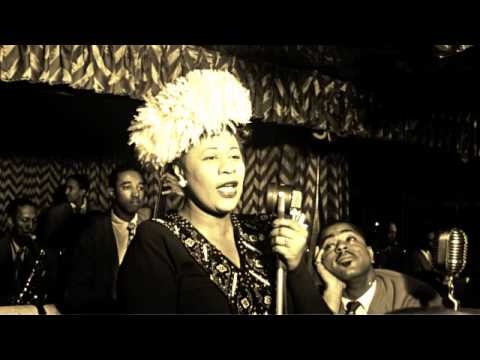In the 1920’s and early 1930’s, Irving Berlin —whose wonderful “Count Your Blessings,” we listened to last week at “Sometimes a Song” — was writing music for shows called “revues,” which formed a bridge between Vaudeville and the modern musical. Berlin had already scored two of the annually produced Ziegfeld Follies, before founding his company, The Mu…
Keep reading with a 7-day free trial
Subscribe to Word & Song by Anthony Esolen to keep reading this post and get 7 days of free access to the full post archives.


